People
Principal investigator
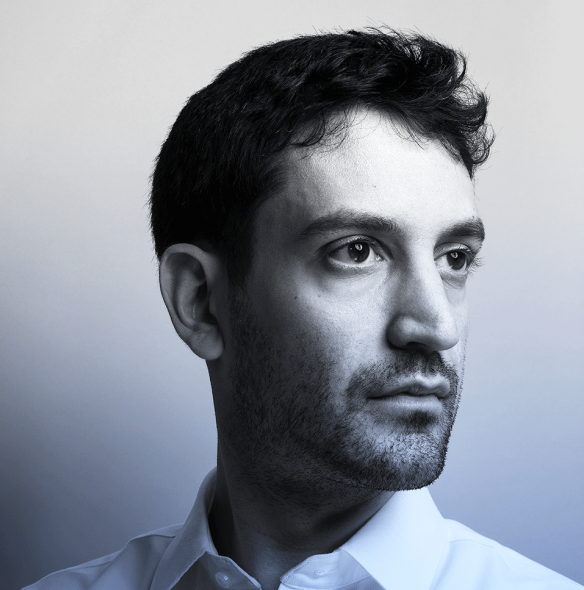
Brenden Lake. Brenden is an Assistant Professor of Psychology and Data Science at New York University. He received his M.S. and B.S. in Symbolic Systems from Stanford University in 2009, and his Ph.D. in Cognitive Science from MIT in 2014. He was a postdoctoral Data Science Fellow at NYU from 2014-2017. Brenden’s research use advances in machine intelligence to better understand human intelligence, and use insights from human intelligence to develop more fruitful kinds of machine intelligence. [Website]
Postdoctoral researchers
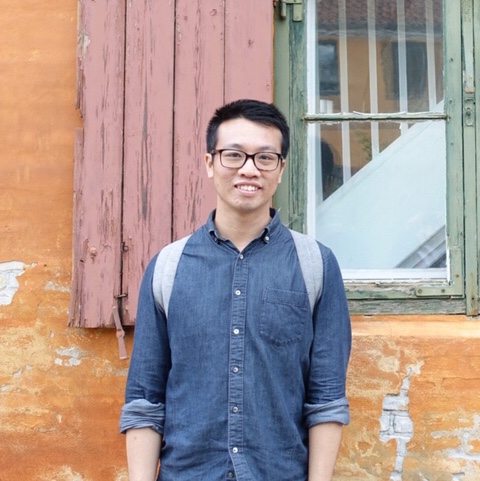
Wai Keen Vong. I’m a postdoctoral researcher at the Center for Data Science at New York University,. Previously, I was a postdoctoral researcher at the Cognitive and Data Science Lab at Rutgers University — Newark, and I completed my Ph.D. in Psychology from the Computational Cognitive Science Lab at the University of Adelaide. My research interests are in cognitive science and artificial intelligence, with an eye towards building computational models that can learn in human-like ways. In particular, my research focuses on (1) How people learn concepts and categories from different kinds of labeled information (2) How people acquire this knowledge socially, from teaching, question asking to dialogs, and (3) How these models can be scaled up to deal with the complexities of real-world settings. My research is conducted using a combination of behavioural experiments, Bayesian modeling and deep learning. [Website]
Ph.D. students

Yanli Zhou. Yanli is a Ph.D. student at the NYU Center for Data Science. Previously at NYU, she received her BA in Mathematics and Psychology in 2016 and an MS in Data Science in 2018. Before joining the lab, she worked as a research assistant under the supervision of Dr. Wei Ji Ma at the Center for Neural Science and Department of Psychology where she built probabilistic models of visual decision-making tasks. She is broadly interested in incorporating insights from cognitive science into building AI systems that can efficiently and flexibly learn.
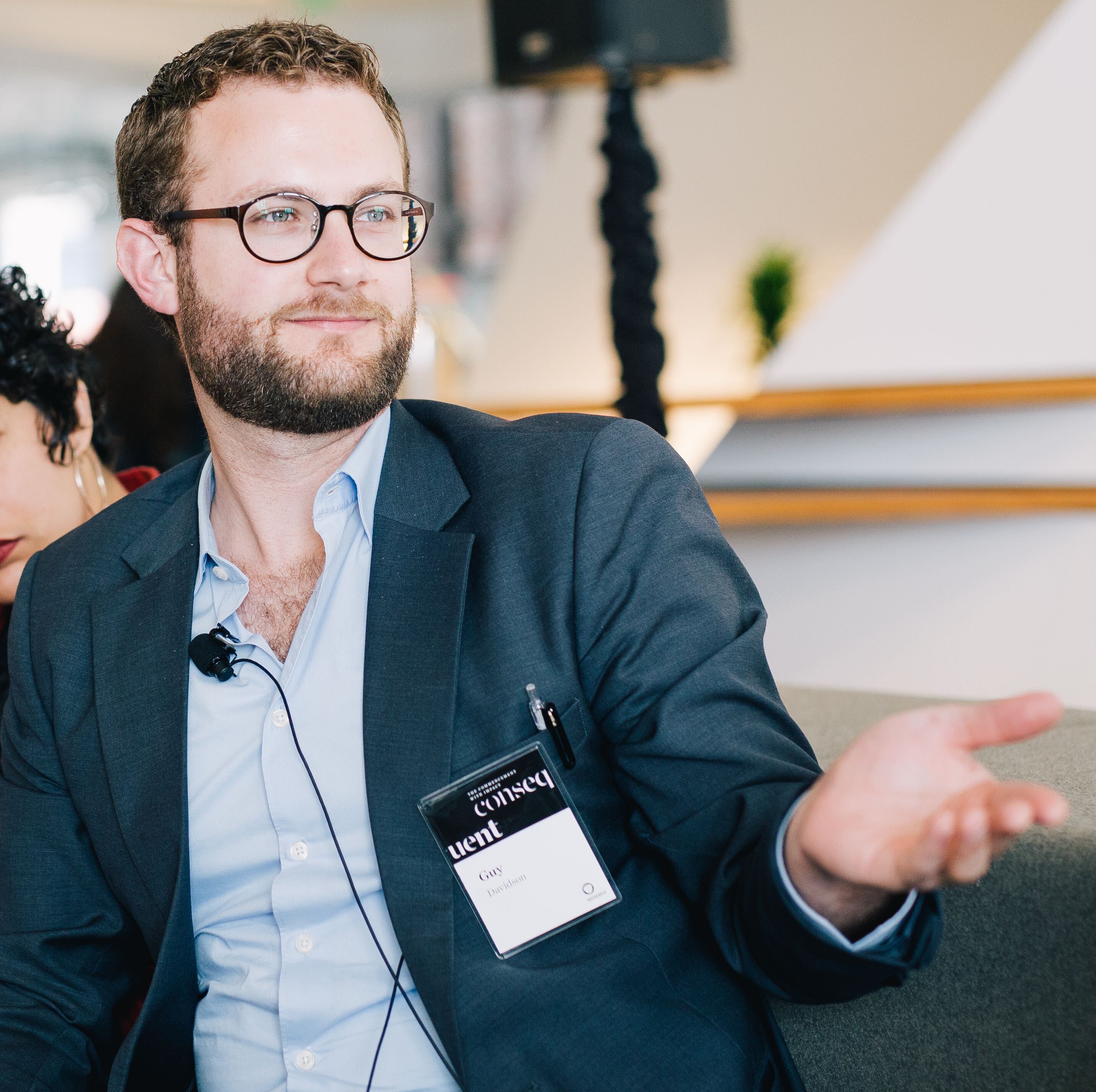
Guy Davidson. Guy is a Ph.D. student at the Center for Data Science, working with Professors Brenden Lake and Todd Gureckis. Guy is interested in the intersection between human cognition and machine learning, and particularly, what can we learn from studying humans to allow us to design wiser machine learning systems. His work focuses on object-based and relational approaches to reinforcement learning and on the flexible ways humans generate goals in novel environments. Before coming to NYU, Guy served six years in the Israel Defense Forces and then graduated (summa cum laude) with a B.Sc. in Computational Sciences from the Minerva Schools. He previously collaborated with Professors Yael Niv (Princeton) and Michael C. Mozer (Google Research and CU Boulder). Outside of his studies, Guy loves to play ultimate frisbee and enjoys pour-over coffee and fermenting foods. [Website]
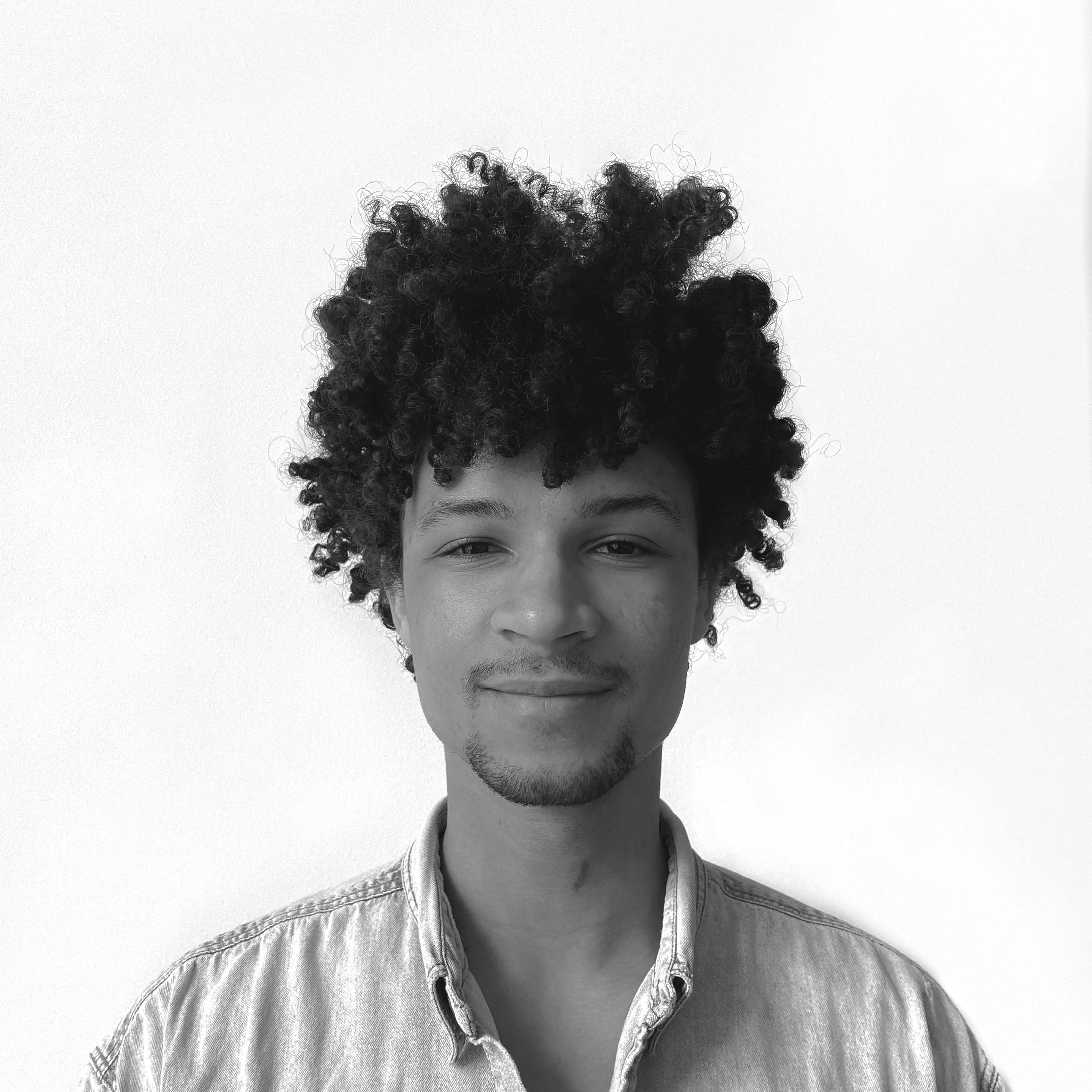
Solim LeGris. Solim is a Ph.D student in the Psychology department at NYU and is co-advised by Todd Gureckis and Brenden Lake. Before coming to NYU, he received his BASc in Honours Cognitive Science from McGill University and worked on modelling categorical perception and categorization difficulty in neural networks. Solim is interested in computational cognitive science, more specifically in understanding what makes humans capable of learning concepts efficiently and using them flexibly across a broad range of situations. He is generally interested in building computational models that can both increase our understanding of cognition and bring machines closer to human-like learning and thought. [Website]
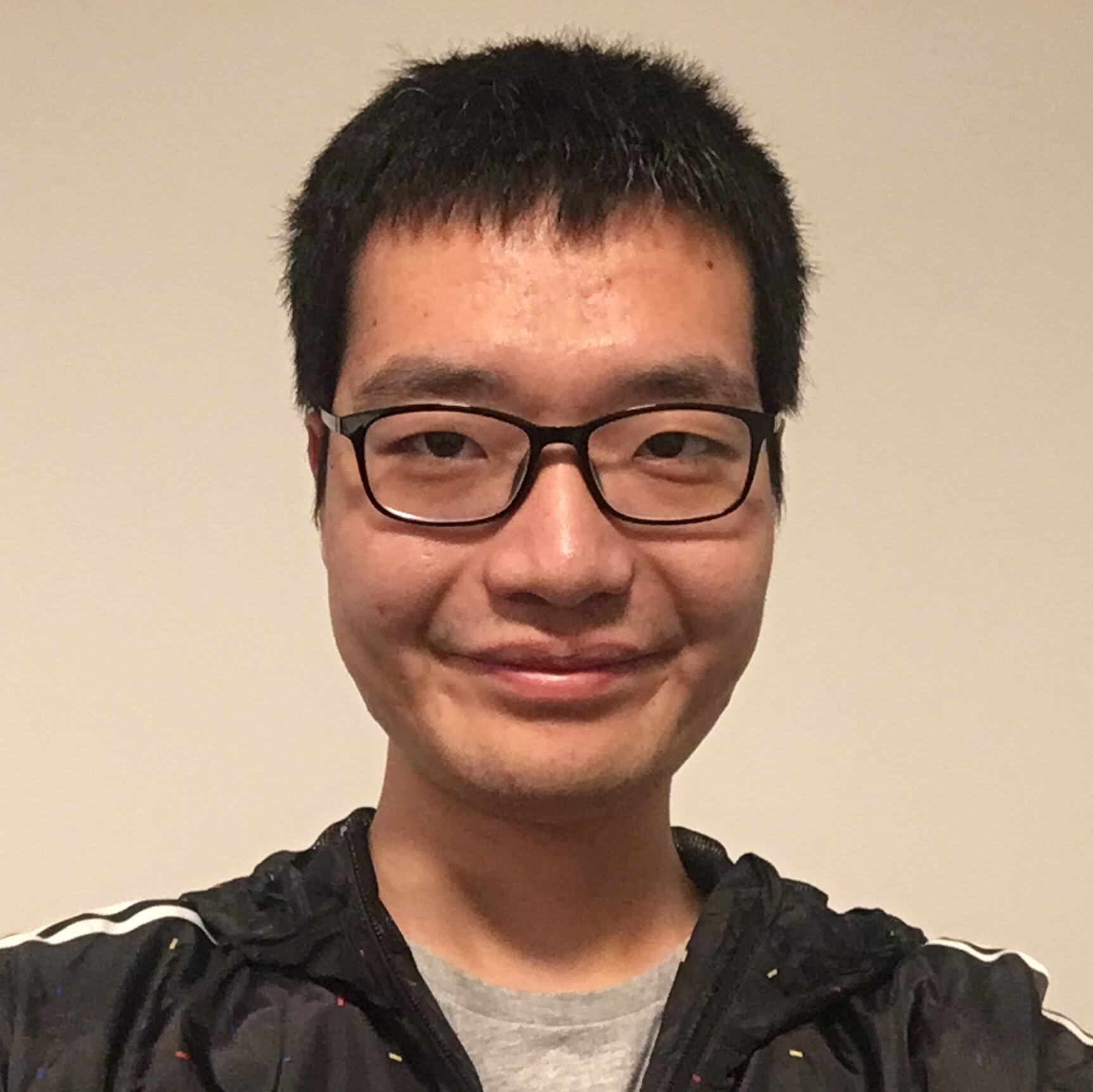
Wentao Wang. Wentao is a Ph.D. student at the Center for Data Science, working with Brenden Lake and Tal Linzen. Wentao received his Master’s degree in Computer Science at New York University Courant Institute of Mathematical Sciences in 2023. He received his BS in Computer Science from Peking University in 2020. He is broadly interested in the intersection of language language processing and cognitive science. In particular He is interested in understanding what models have learned and building models that could generalize in human-like ways.
M.S. and undergraduate students
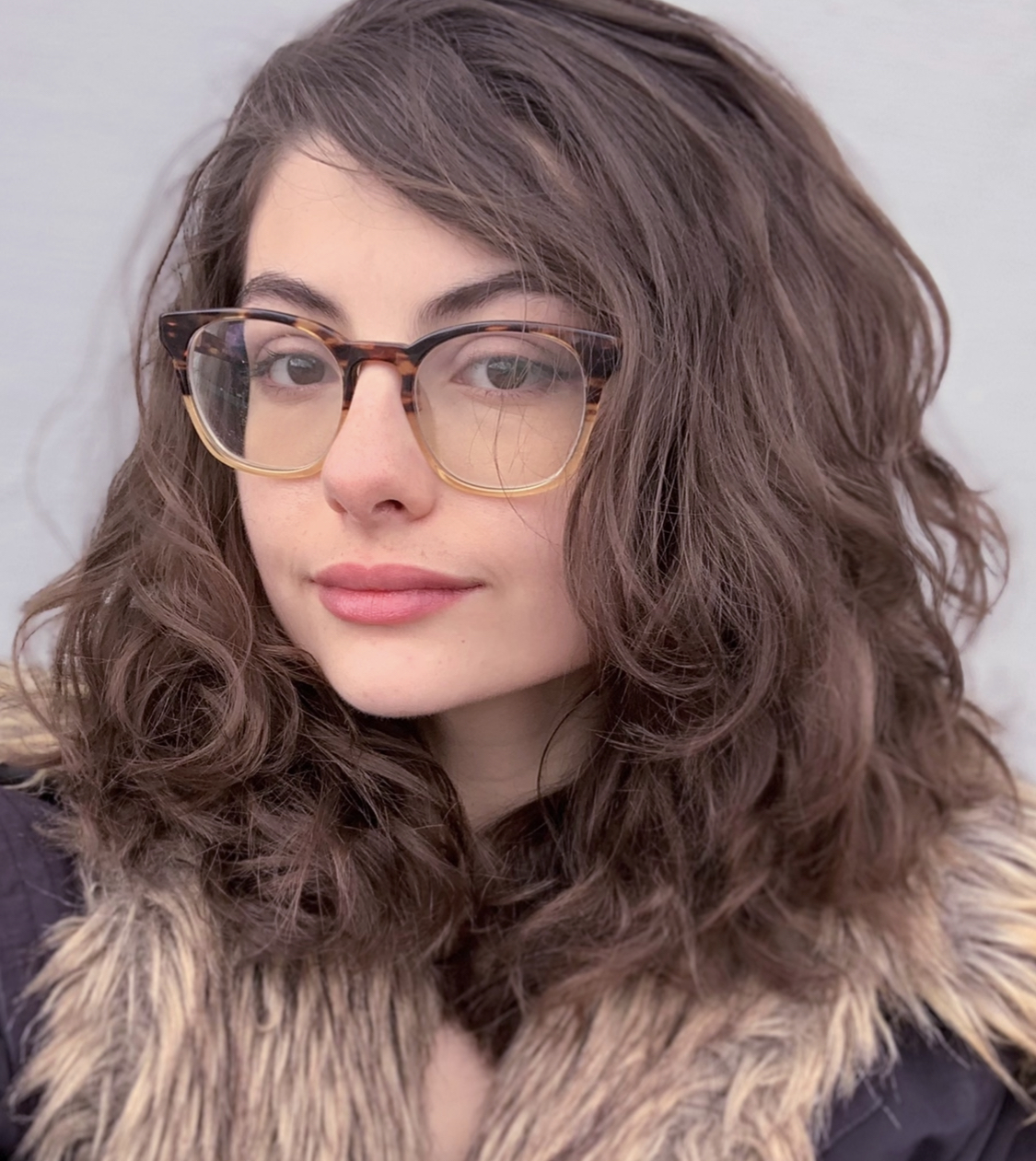
Alexa Tartaglini. Alexa is a fourth year undergraduate student in mathematics and computer science at the Courant Institute of Mathematical Sciences at NYU. She is primarily interested in assessing how neural networks see the world using methods inspired by cognitive science and in developing more human-like visual processes in machines. Her particular areas of interest include tasks that are integral to human intelligence but difficult for computers, including object perception, relational reasoning, category learning and representation, and few-shot learning. She has also recently developed an interest in multimodal methods and neurosymbolic models.
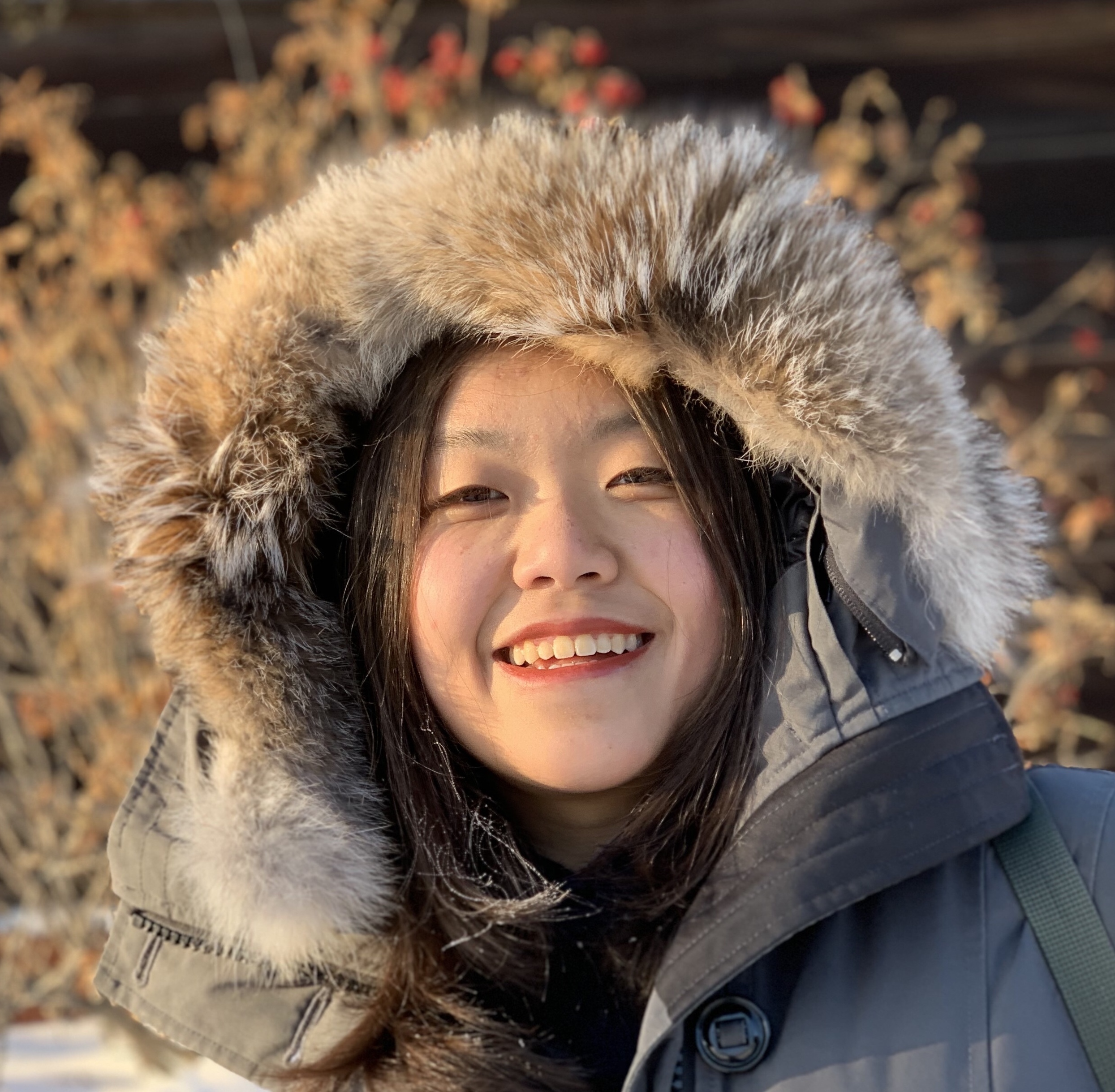
Wenjie Li. Wenjie is a Master’s student in Computer Science at New York University Courant Institute of Mathematical Sciences. She obtained her BA in Mathematics and Philosophy from Washington University in St. Louis in 2020. She is interested in studying the brain and human behavior using AI as a computational model, and in turn, to make better AI with the understanding of human intelligence. Her current research focus is on the representation of self and others as well as their roles in multi-agent tasks. [Website]
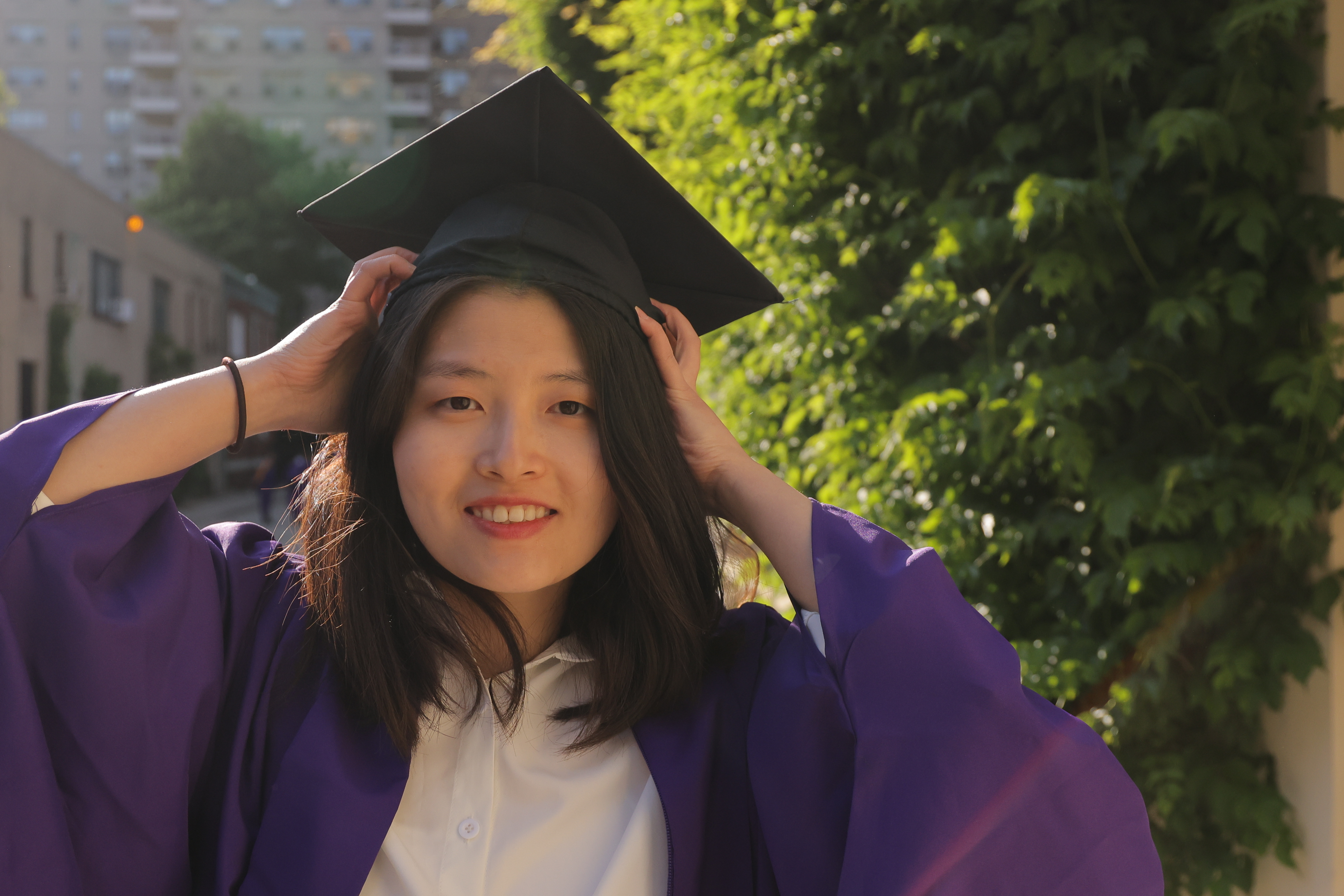
Yulu Qin. Yulu earned her Master’s degree in Computer Science from the Courant Institute of Mathematical Sciences at NYU in 2023. Prior to this, she completed her BA in Sociology and Computer Information Science in 2021 at The Ohio State University. Currently, Yulu is broadly interested in the intersection of Cognitive Science and Natural Language Processing. She’s particularly drawn to understanding human intelligence and multimodal learning. As she navigates her research journey, aspects like language acquisition, systematic generalization (how models apply learned knowledge in novel contexts), and integrating multiple data sources using computational methods are among her areas of exploration.
Lab alumni
- Emin Orhan.
- Reuben Feinman. Former Ph.D. student, subsequently at Common Sense Machines.
- Najoung Kim. Former lab affiliate, subsequently Assistant Professor at Boston University.
- Laura Ruis. Former Assistant research scientist, subsequently Ph.D. student at University College London.
- Kanishk Gandhi. Former M.S. researcher and Assistant research scientist, subsequently Ph.D. student at Stanford.
- Vaibhav Gupta. Former M.S. researcher, subsequently Applied Scientist at Amazon.
- Ziyun Wang. Former M.S. researcher, subsequently R&D Engineer at Tencent.
- Anselm Rothe. Former Ph.D. student (co-advised with Todd Gureckis), subsequently postdoc at the Max Planck Institute.